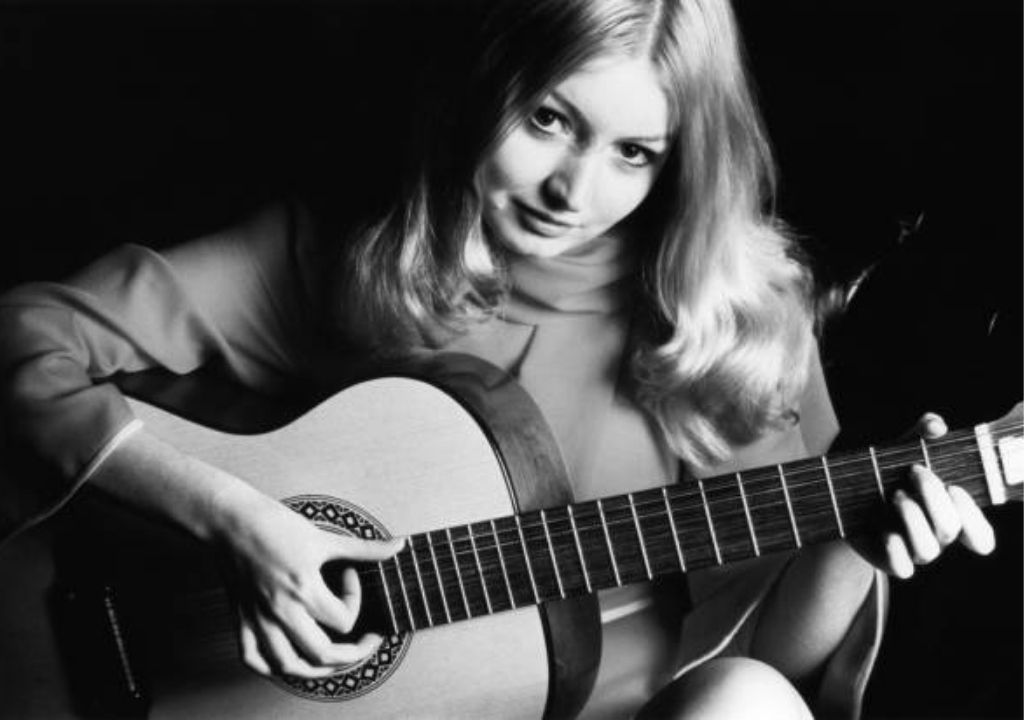
About the song
“Those Were the Days” by Mary Hopkin is a nostalgic anthem that resonates deeply with listeners who reflect on the past with a mix of joy and melancholy. Released in 1968, the song was produced by Paul McCartney and became one of the first hits for Apple Records, the label founded by The Beatles. The song was originally a Russian romance song titled “Dorogoi dlinnoyu,” written by Boris Fomin with lyrics by Konstantin Podrevsky in the 1920s. The English lyrics, however, were adapted by Gene Raskin, who also popularized the song in the West.
Mary Hopkin, a young singer from Wales, was chosen by McCartney to bring this song to the global stage. Her pure, haunting voice perfectly captured the wistful sentiment of the lyrics, which speak of a time long gone—a time of youthful exuberance and endless possibilities. The chorus, “Those were the days, my friend, we thought they’d never end,” became an emblematic line, evoking a universal sense of nostalgia.
Upon its release, “Those Were the Days” became an instant hit, reaching No. 2 on the Billboard Hot 100 in the United States and No. 1 on the UK Singles Chart, where it stayed for six weeks. The song also topped the charts in several other countries, including Canada, Australia, and Germany. The success of “Those Were the Days” catapulted Mary Hopkin to international fame and established her as a significant figure in the late 1960s music scene.
The song’s arrangement, featuring folk instruments like the balalaika and the piano, adds to its timeless and almost otherworldly quality. The blend of traditional folk elements with a modern pop sensibility created a unique sound that appealed to a wide audience.
“Those Were the Days” remains one of Mary Hopkin’s most enduring songs, often associated with the spirit of the late 1960s—a period of cultural change and social upheaval. The song has been covered by numerous artists over the years, but Hopkin’s version remains the definitive rendition, capturing the essence of a time when the world was full of hope, dreams, and the inevitable passage of time. It continues to be a favorite for those who wish to reminisce about the days gone by, making it a classic that transcends generations.

